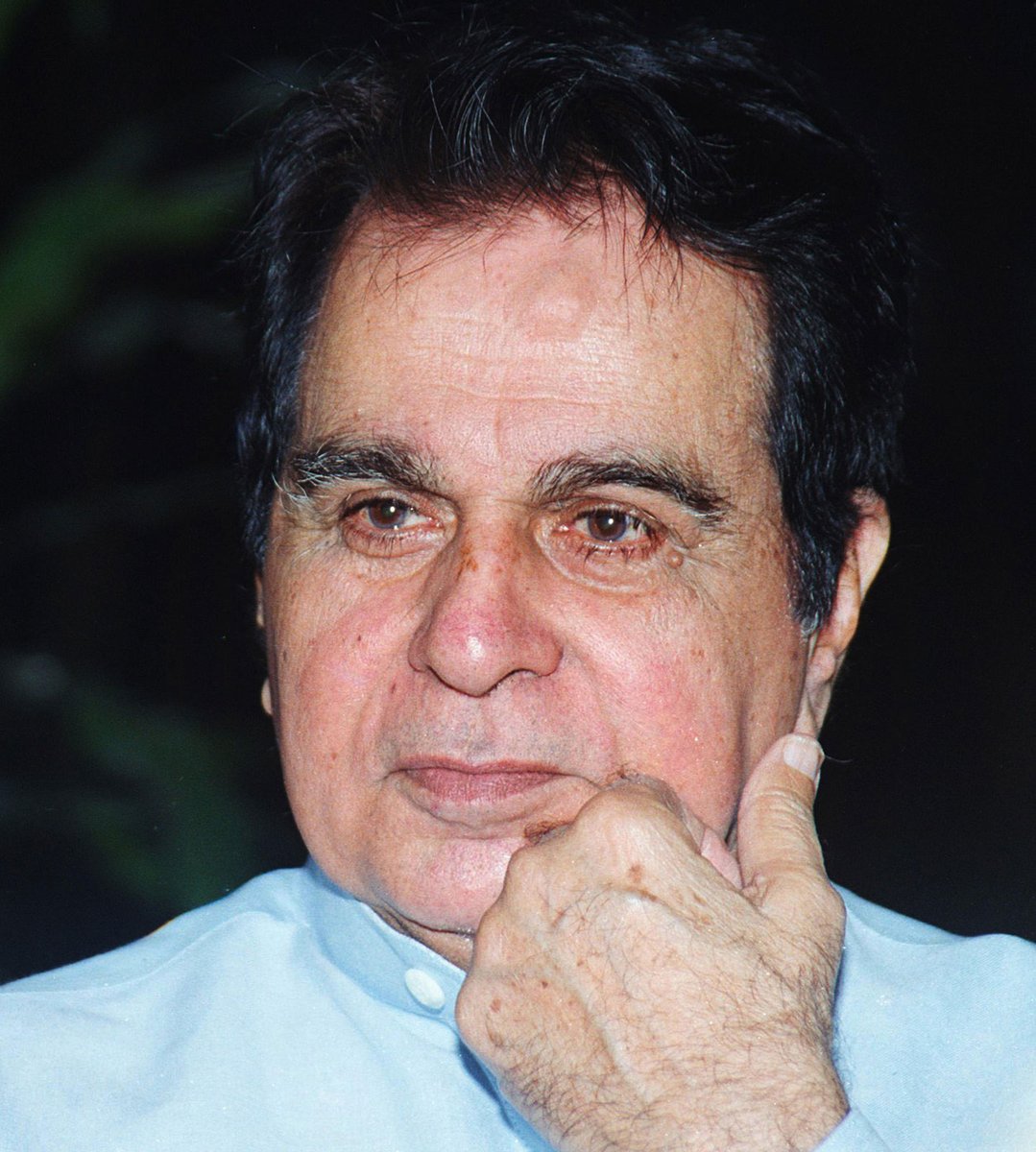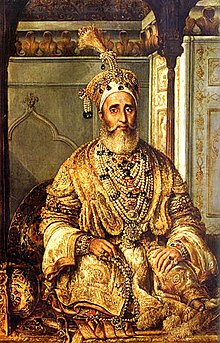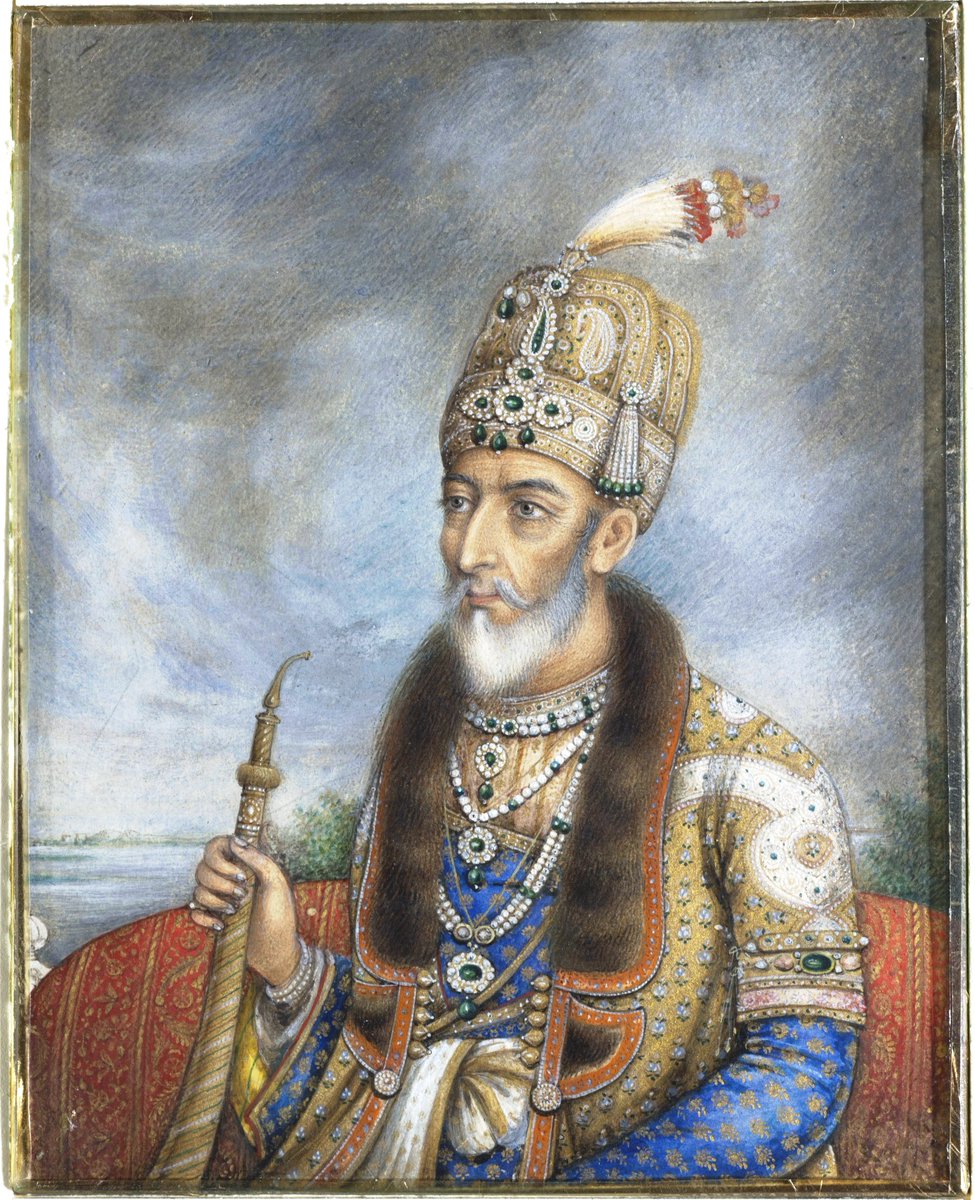
Legendary actor Dilip Kumar, one of the finest Bollywood actors ever, passed away earlier this morning. He was 98. His original name was Yusuf Khan and was known as Tragedy King.
Inna Lillahi wa Inna Ilaihe rajioon
#DilipKumar #RIPDilipKumar
Inna Lillahi wa Inna Ilaihe rajioon
#DilipKumar #RIPDilipKumar

He was a trendsetter in terms of acting style, and inspired generations of actors across the various streams of Indian cinema. His career spanned over 5 decades. He was considered a master of understatement, and eschewed the loud and theatrical elements of acting.
While he acted in dozens of memorable films over 5 decades, some of his best known films are Devdas, Mughal-e-Azam, Gunga Jamuna, Ram Aur Shyam, Naya Daur, Madhumati, Kranti, Vidhaata, Shakti and Mashaal, to name just a few.
Referred as "The First Khan of Bollywood", he has been credited for bringing a distinct form of method acting technique to cinema. Kumar holds the record for most wins for the Filmfare Award for Best Actor and was also the inaugural recipient of the award.
He was born as Mohammad Yusuf Khan to Ayesha Begum and Lala Ghulam Sarwar Khan, one of 12 children, on 11 December 1922 in the Qissa Khawani Bazaar area of Peshawar, Pakistan. His father was a landlord and fruit merchant who owned orchards in Peshawar and Deolali near Nashik.
In his teens after an altercation with his father, he left for Pune where he met a canteen contractor. He got the job on the merit of his knowledge of good English. He set up a sandwich stall at the army club and when the contract ended, he headed home having saved Rs. 5000.
In early 1943, he met actress Devika Rani, owner of Bombay Talkies, who asked him to sign up with the company on a salary of Rs. 1250 per month. He also met actor Ashok Kumar, who influenced his acting by telling him to act "natural," as well as film producer Sashadhar Mukherjee.
The two became close to Kumar over the years. Kumar helped out in story-writing and scripting department because of his proficiency in Urdu language. Devika Rani requested him to change his name to Dilip Kumar, and later cast him in a lead role for Jwar Bhata (1944), his debut.
• • •
Missing some Tweet in this thread? You can try to
force a refresh













